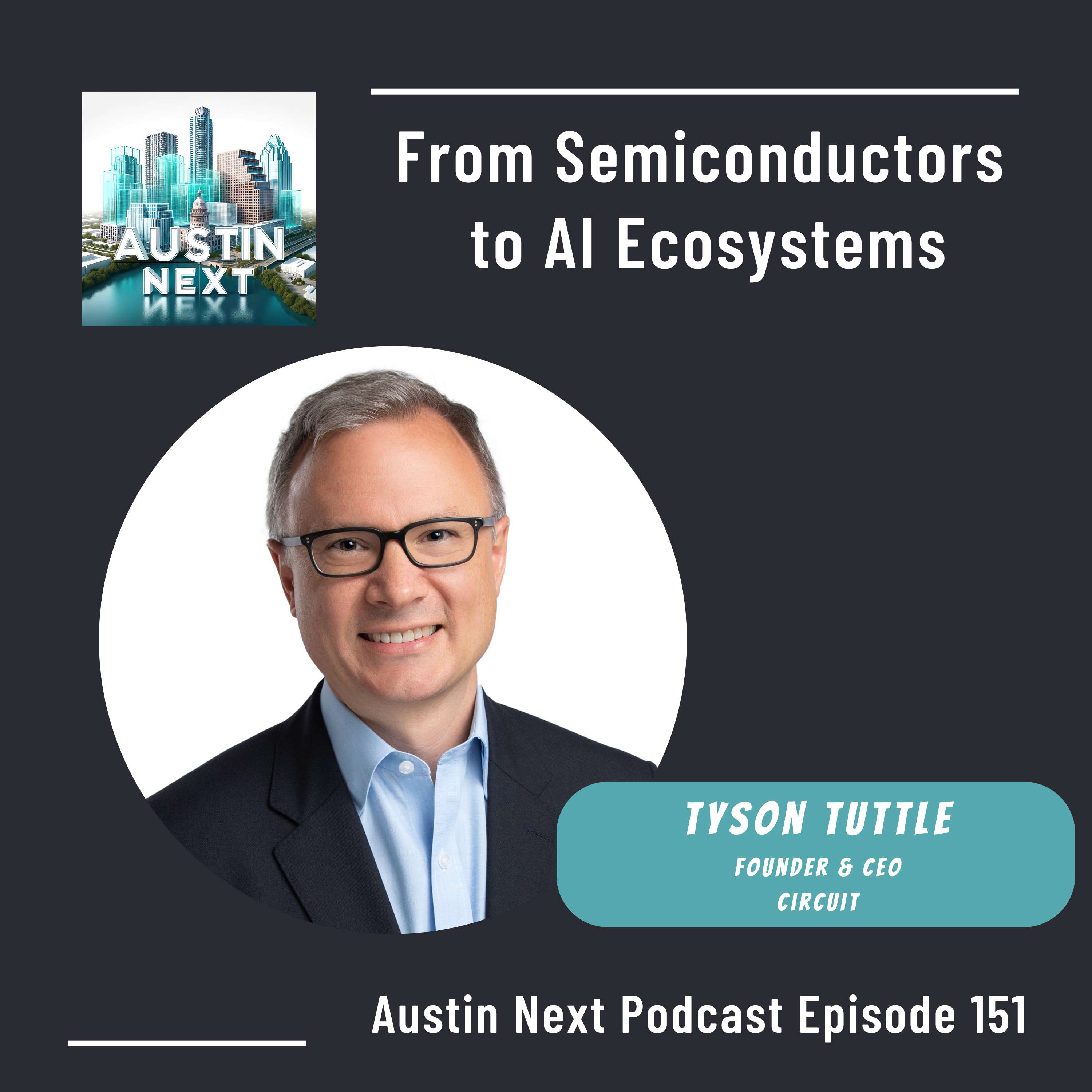Innovating at the Intersection of AI and the Physical World with Amir Husain, Founder and CEO of SparkCognition
The next phase of AI's evolution focuses on its convergence with the real world and the built environment, a key theme in my discussion with Amir Husain, Founder and CEO of SparkCognition. We explore the intersection of digital bits and physical atoms, examining the implications and challenges of creating solutions in this space, the progression of AI hardware, and Austin's potential as a hub for autonomy.
Episode Highlights
- SparkCognition aims to develop an AI-powered operating system for the global $100 trillion existing infrastructure and the upcoming $100 trillion.
- The unpredictability and rarity of real-world events, such as machinery failures, introduce unique complexities in applying AI to physical systems, necessitating innovative approaches to data and modeling.
- Crucial for effective interaction with the physical world, multimodal AI integrates varied data types, such as temperature, vibration, and vision, thereby enhancing real-world applications.
- Edge AI is essential for real-time, autonomous decision-making, embedded locally within hardware, especially in high-stakes scenarios like defense and aviation, where cloud access is often unreliable or unavailable.
- What's Next Austin?
- “I would like Austin to be the birthplace…within which this new type of technology is formed, where systems that can take care of themselves, that are entirely self-contained, that can run on their own, optimize themselves, resolve issues within themselves to the maximum degree possible, can become the new infrastructure of this planet. And if that is a gift that Austin can give to the world, it would be one of the greatest gifts ever.”
Amir Husain: Website, X/Twitter, LinkedIn, Generative AI for Leaders
SparkCognition: Website, X/Twitter, Facebook, Instagram, LinkedIn
-------------------
Austin Next Links: Website, X/Twitter, YouTube, LinkedIn
Ecosystem Metacognition Substack












